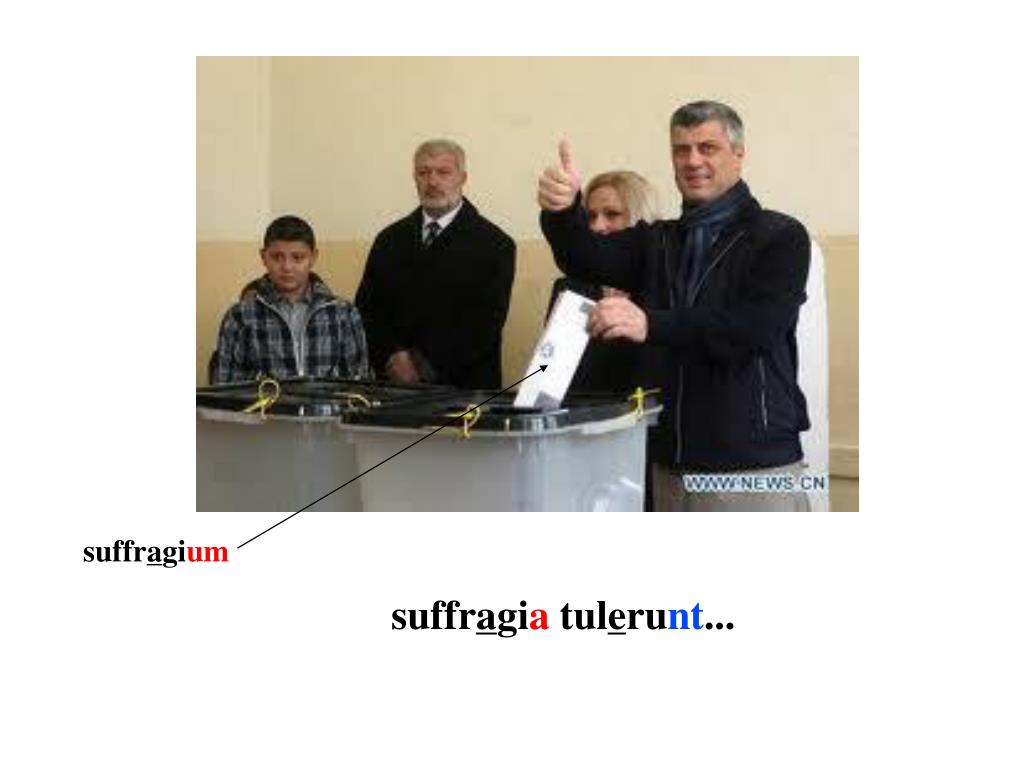

Sometimes you can find translation results directly from Google by typing: eudict word. Although EUdict can't translate complete sentences, it can translate several words at once if you separate them with spaces or commas.

Instead of clicking the Search button, just press Enter. If you are unable to add a bookmarklet in Mozilla Firefox according to the instructions above, there is another way right click on a link and select Bookmark this link… Now you can drag this link from Bookmarks to the Bookmarks Toolbar. If you want to type a character which isn't on your keyboard, simply pick it from a list of special characters.
#Est sine multa pecunia code#
A bookmarklet is a small JavaScript code stored as a bookmark in your browser. There is a way to enable word translation from any page: Bookmarklets.

Afterwards, you simply type the chosen keyword in the address bar to start the search in the chosen dictionary. In Chrome, first click on a language pair and change the search keyword in the field 'Keyword' to a keyword (eg: 'eudict'). And you're ready to go select EUdict from the drop-down list in search field (Firefox) or address bar (IE), input a word and press Enter. To add EUdict alongside Google, Yahoo!, Amazon and other search engines in Mozilla Firefox or Internet Explorer, simply click on link after the title Browser integration, select appropriate language pair and confirm your decision. Perhaps the best way to enable dictionary search is through integration into the search field of your browser. For the same reason the Chinese dictionary contains traditional and simplified Chinese terms on one side and Pinyin and English terms on the other. There are two Japanese-English (and Japanese-French) dictionaries and one contains Kanji and Kana (Kana in English and French pair due to improved searching).

Look at the complete list of languages: Available language pairs The most common way is by word input (you must know which language the word is in) but you can also use your browser's search box and bookmarklets (or favelets). There are several ways to use this dictionary. Total number of translations (in millions): 15 Please help us improve this site by translating its interface. There were few who preferred honor to money (Sallust)Įsperanto is only partially translated. The palm is not obtained without struggle Rest without reading is like dying and being buried alive (Seneca) Leisure without literature is death, or rather the burial of a living man (Seneca) Otium sine litteris mors est et hominis vivi sepultura To die without fear of death is something to be desired (Seneca) O citizens, citizens, you must first seek for wealth, for virtue after money (Horace) O cives, cives, quærenda pecunia primum est virtus post nummos There has not been any great genius without an element of madness (Seneca) Nullum magnum ingenium sine mixtura dementiæ fuit There is no one great ability without a mixture of madness (Seneca) Nullum magnum ingenium sine mixtura dementiae No stone without a name (or, without a tale to tell) (Lucan, said of the fate of Troy) No crime and no punishment without a (pre-existing) law Nullum crimen sine lege, nulla poena sine lege Without friends to share it, no good we possess is truly enjoyable (Seneca) Nullius boni sine socio jucunda possessio (est) Do something every day! (Apeles, Greek painter) No day without a line (i.e., no day without something done) EUdict dictionary: Latin - English Results for: sine pecunia Latin


 0 kommentar(er)
0 kommentar(er)
